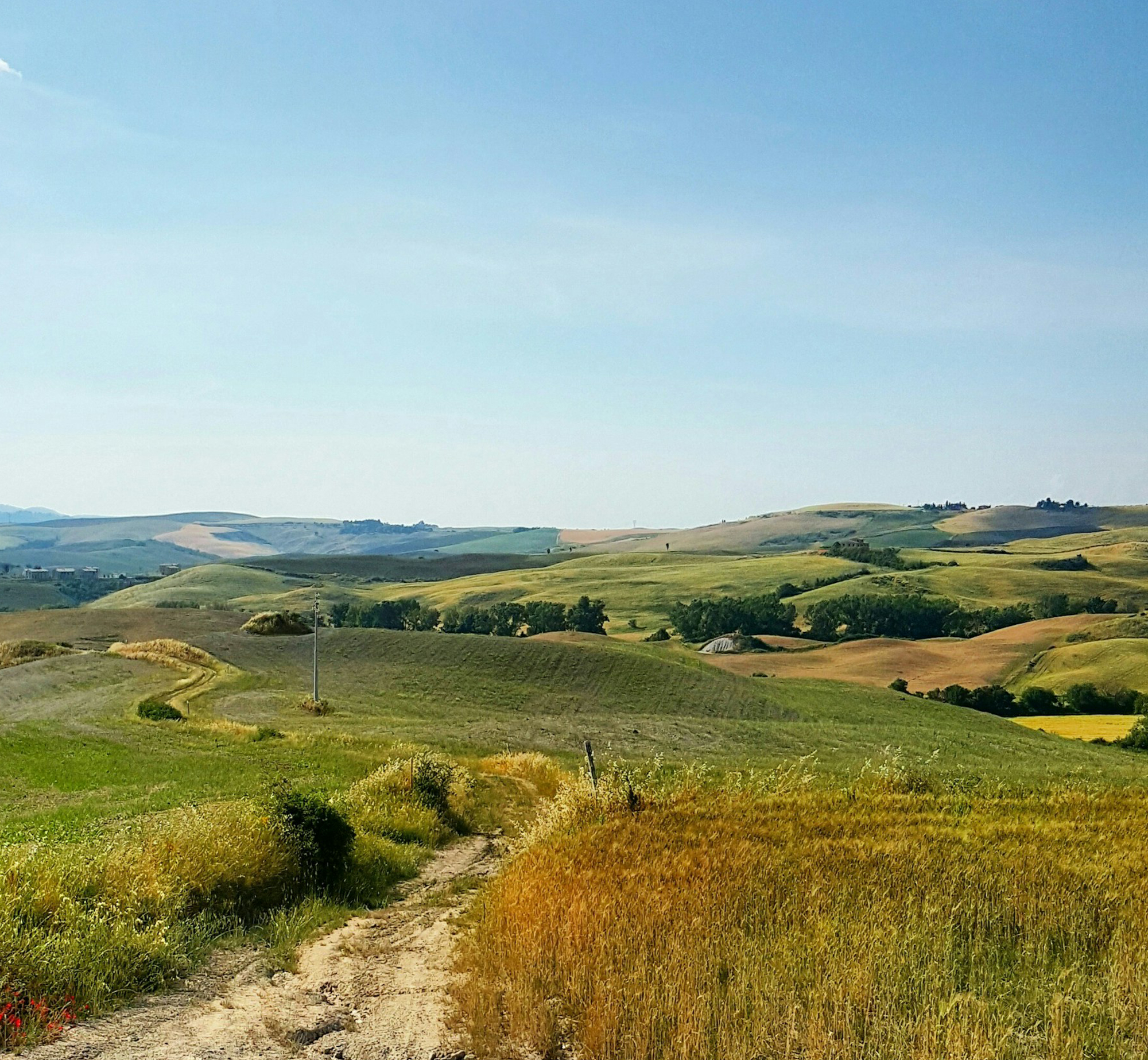Publications
2024
- Multi-actor rural innovation ecosystems: Definition, dynamics, and spatial relationsSimona Bravaglieri, Hanna Elisabet Åberg, Alessia Bertuca, Claudia de LucaJournal of Rural Studiesdoi: https://doi.org/10.1016/j.jrurstud.2024.103492
Innovation Ecosystems (IE) is an emerging concept that highlights the evolution of a group of actors working around common practices, products, processes, actions, and initiatives. While we can find various definitions of urban innovation districts/ecosystems and common traits that coherently define them at the urban level, only a few scholars have focused on understanding and further defining Innovation Ecosystems in the rural context. While rural communities and territories can be a generative ground for Innovation Ecosystems, housing resources and capacities to become vibrant centres of innovation based on local heritage and resources, the activation of multi-actor Rural Innovation Ecosystems in these areas still remains a challenge. This article presents a proposal for defining Rural Innovation Ecosystem, departing from the main differences with the urban IE highlighting common traits and main differences in order to accelerate and better disseminate their establishment. The rural contexts present relevant characteristics in which innovation can thrive, such as dependencies and relationships represented by geographies, area of interested corresponding to sectors, and social, human and cultural capitals which harness the potential of all community members.
2023
- Social innovation to address sustainability challenges and enlarge the opportunities provided by forests for a green and just transition of marginalised mountain areasMaria Nijnik, Simo Sarkki, Mariana Melnykovych, David Millerdoi: 10.5281/zenodo.8397298
In this paper, we provide conceptual and practical insights into social innovation, highlighting its role in achieving a more sustainable provision of ecosystem services from forests, as well as its role in tackling societal challenges and utilising the opportunities available in marginalised mountain areas across Europe. The findings indicate that social innovation and innovative governance mechanisms are crucial for the promotion of sustainability and multi-functionality in mountain forestry, as well as for the enhancement of a smart, green, and just transition of marginalised rural areas, so that forest-dependent communities, living and working in the vicinity of woodlands, can become healthier, happier, and more prosperous. The results show that social innovation has a power of enabling forest-dependent communities and woodland-based social enterprises to build and realise their capacities, while reducing existing inequalities, and promoting social justice and inclusion. There is also empirical evidence to suggest that by adding to improving human wellbeing, social innovation can create new responses to pressing social demands (e.g., for climate neutrality) that are not adequately addressed by markets or existing (e.g., public) institutions. We believe that the conceptualization and operationalisation of social innovation in the context of multi-functional forestry, offered by this research and its findings, can help informing forest policy and management decisions and the design of practice measures for Green Recovery and a long-term sustainability of socio-ecological systems in marginalised mountain areas.
- RURACTIVE Insights on Women-Led Innovation in Rural AreasHannah Budge, Sophie Miller, Diana Valero (James Hutton Institute) & RURACTIVE Partners
This booklet showcases different women-led innovations from the RURACTIVE Dynamos and the personal stories behind them. This is to provide inspiration for new women innovators in rural areas.
- Dynamo 1 Northern Ostrobothnia, Finland
- Dynamo 2 Südburgenland, Austria
- Dynamo 3 Diputatión Zamora, Spain
- Dynamo 4 North-East Scotland, UK
- Dynamo 5 Andalucía, Spain
- Dynamo 6 Zagori, Greece
- Dynamo 7 Zakarpattya, Ukraine
- Dynamo 8 Fiastra Valley, Italy
- Dynamo 9 Zadar, Croatia
- Dynamo 10 Abruzzo, Italy
- Dynamo 11 Gotland, Sweden
- Dynamo 12 Törbel-Moosalpregion, Switzerland
